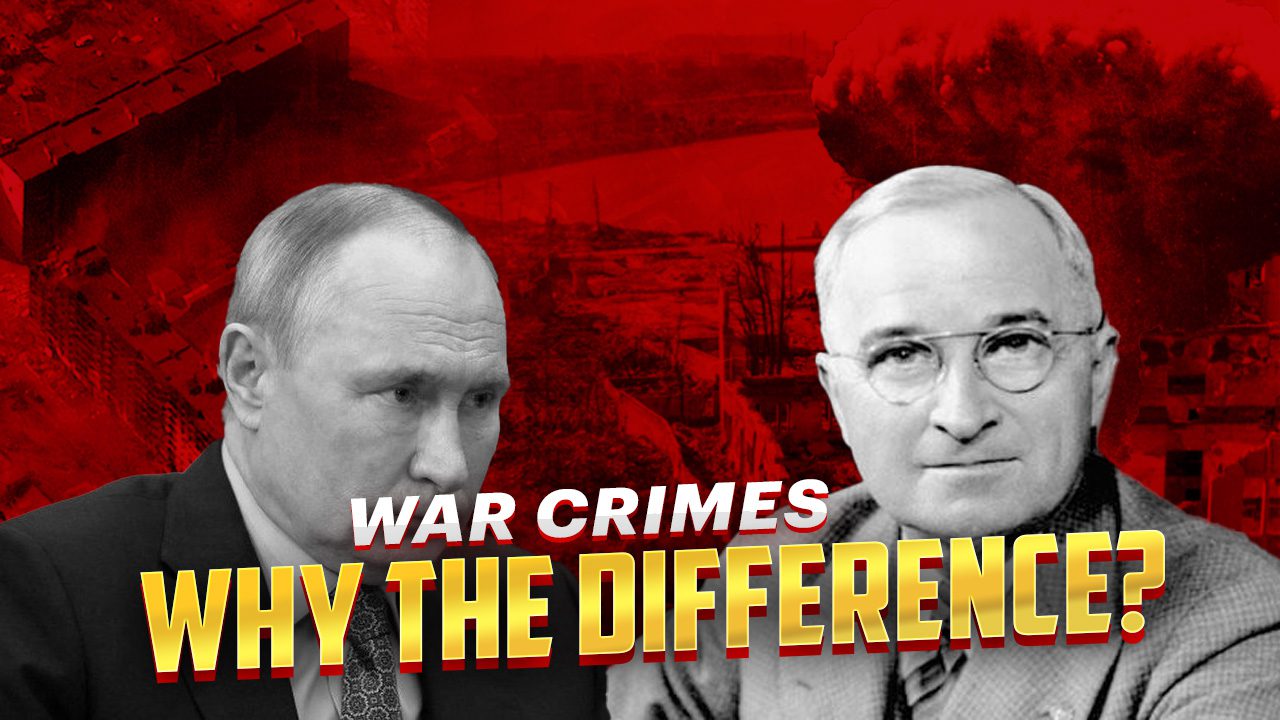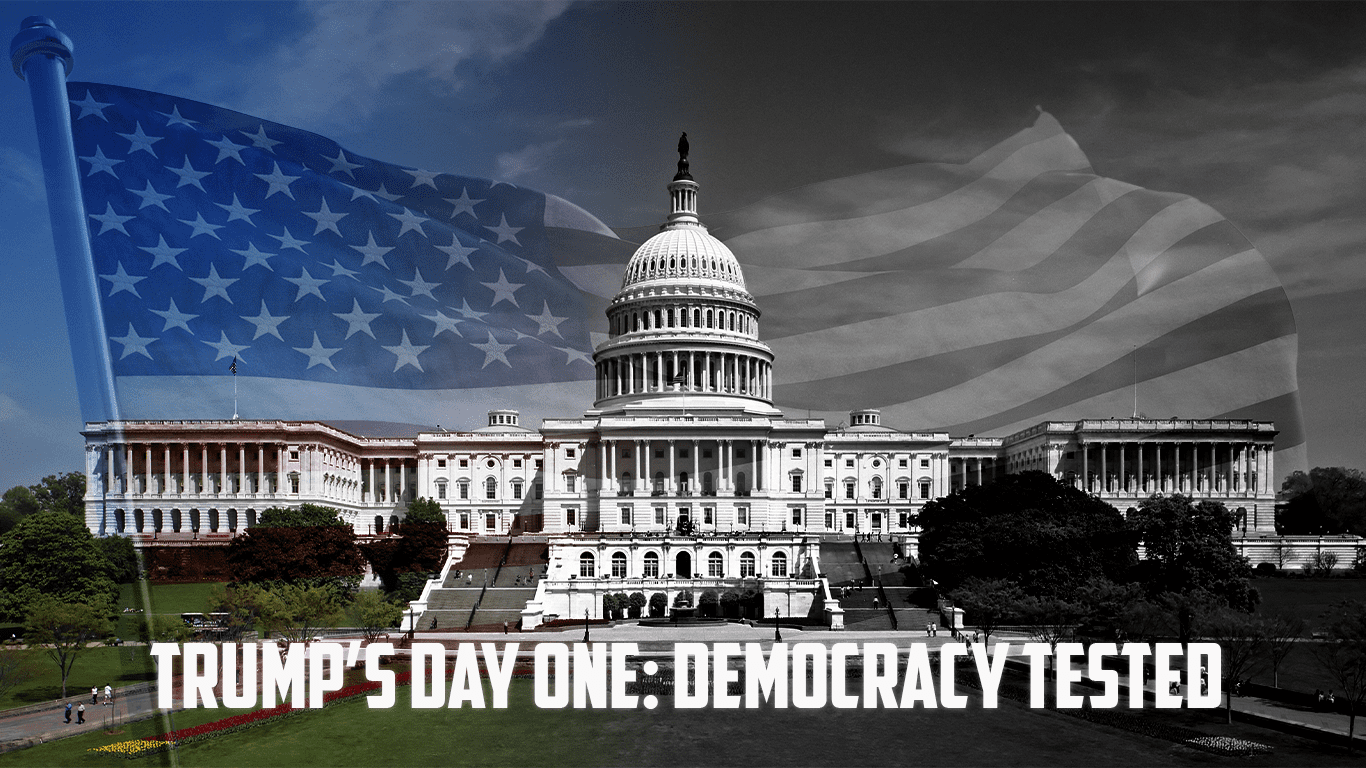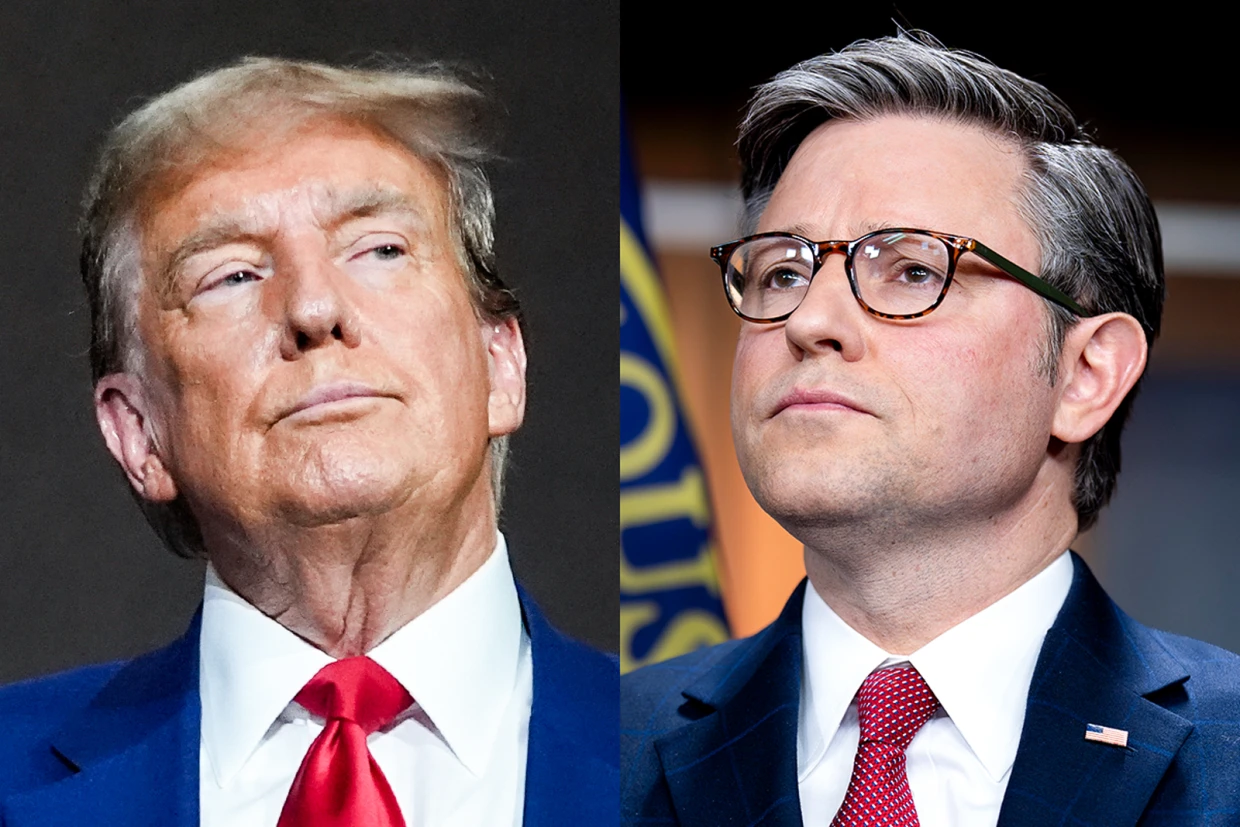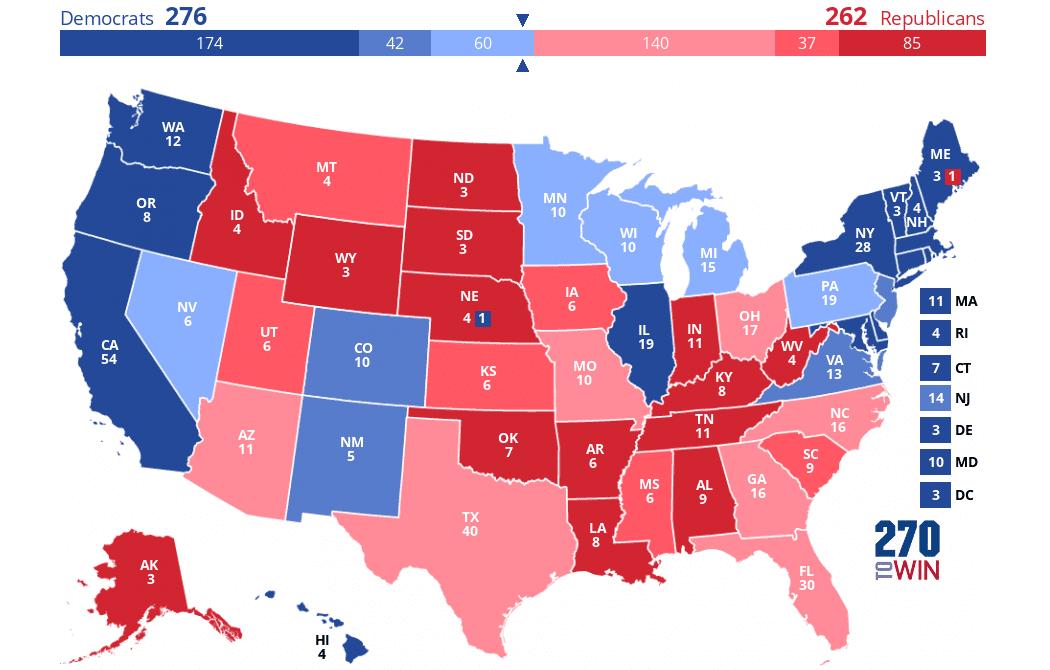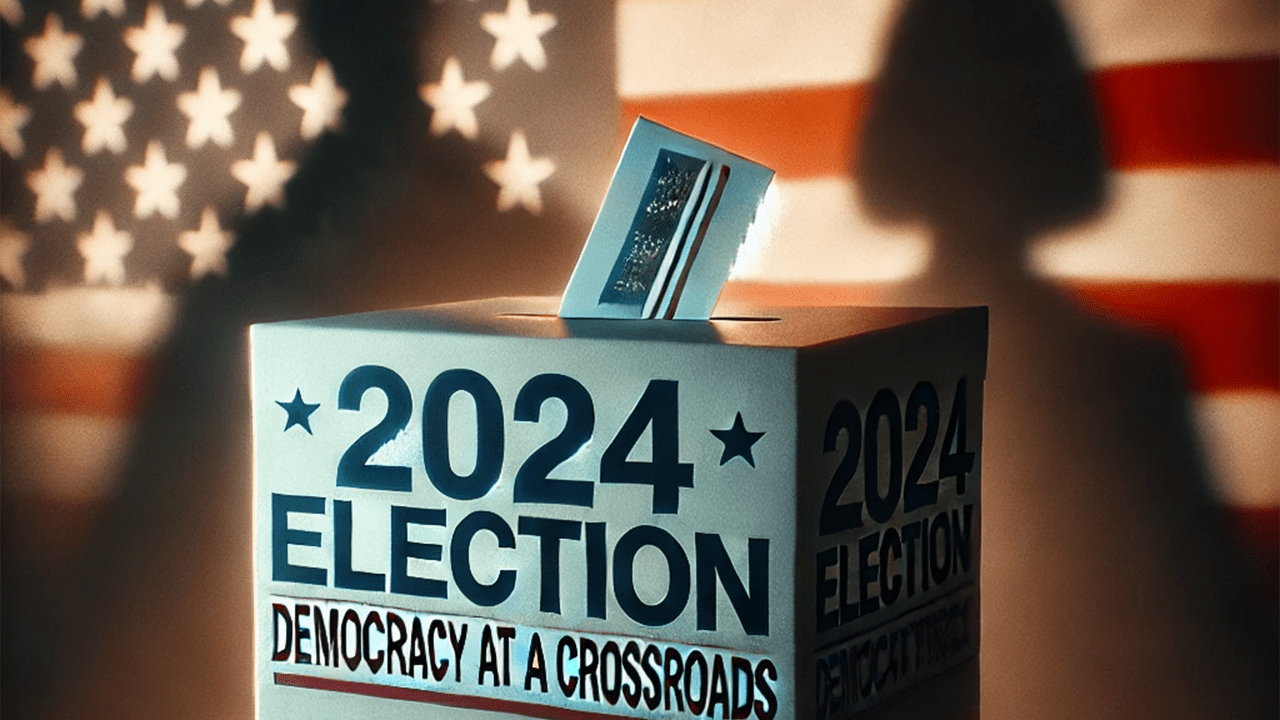“A complete breakdown of the social structure cannot but take place in a country subjected to this kind of merciless pounding from the air. The time will soon come when, to put an end to the horror and suffering, the people themselves, driven by the instinct of self-preservation, would rise up and demand an end to the war–this before their Army and Navy had time to mobilize.”
Giulio Douhet, The Command of the Air
There is a lot of debate over what constitutes a war crime. When it comes to recent events in Ukraine, many people are arguing that Putin’s bombing of Mariupol is a war crime. However, some people are asking why Truman’s use of the atomic bomb on Hiroshima and Nagasaki is not considered a war crime. After all, both attacks resulted in large numbers of civilian casualties. So why is one considered okay, but the other is not?
But what about the US?
I’m confused. We’re told that the intentional targeting of civilians in Mariupol is a war crime on the one hand, but that the intentional targeting of Hiroshima and Nagasaki with atomic bombs was not a war crime on the other.
It’s a war crime for soldiers to intentionally target non-combatants, as we have discussed before. However, why were Truman’s actions on Hiroshima and Nagasaki never charged as war crimes? Everyone agrees that when Truman ordered the bombing of those two towns, he was targeting non-combatants. Okay maybe not everyone, there are some that will loosely call the two cities a legal military target, but that is a minority view. The ethical concerns surrounding the dropping of the atomic bombs on Hiroshima and Nagasaki have been extensively discussed. The actual fact is that by the time these weapons were dropped, vast numbers of American bombers had already been launching devastating strikes on entire Japanese cities using high explosives and incendiary bombs on a regular basis. How do defenders of Truman’s decision avoid admitting that it was a war crime?
It shortened the war
I can remember being taught that the nuclear attacks on cities shortened the war, saving thousands of American soldiers who would have died in a prolonged conflict, especially if an invasion of Japan was necessary. For decades, US troops who served in the Pacific have expressed their thanks to President Truman for bringing an end to the conflict.
But does that justify the killing of hundreds of thousands of civilians? I don’t think so. In fact, the intentional killing of non-combatants as a means to shorten a conflict is not a legal defense in front of the International Criminal Court (ICC). The fact that it may have had the fortunate side effect of also ending the war does not change that.
War crimes, according to international law, are not excused even if it is intended to shorten the war or if it succeeds in doing so.
Some argue that since Japan began the conflict, the Japanese people deserved whatever they got at Hiroshima and Nagasaki.
Since when do individual citizens have a say in whether or not their country goes to war? What role did the American people play in George W. Bush’s decision to wage war against Iraq and Afghanistan?
The inflexible President
There is an interesting argument that Truman’s unconditional surrender ensured that Hirohito, the Japanese Emperor, and Hideki Tojo, Prime Minister, had no options other than continue to fight. From a US perspective, the necessity of the bombing stems from this. However, this was not the last resort for Truman; he could have negotiated a less harsh surrender.
Post World War Two, several new treaties, the Geneva Conventions, were agreed upon which established the standards of international humanitarian law (IHL). Are nuclear weapons prohibited in war? No. But, the use of nuclear weapons does violate the principle of distinction, which requires belligerents to distinguish between combatants and civilians. The same can go for long-range artillery shelling done by Russia.
The atomic bombing of Hiroshima and Nagasaki violated the principle of proportionality, as well as the prohibition on causing unnecessary suffering.
So why wasn’t Truman charged with war crimes?
It’s a complicated question and it’s hard to know where to start. I think it has a lot to do with the fact that the United States is a superpower and, as such, is held to a different standard than other countries.
The United States has also been quite vocal in its opposition to war crimes trials in the past. In fact, when Yugoslavia was brought before the International Criminal Tribunal for the former Yugoslavia, the United States was one of the few countries to oppose it.
The US argued that war crimes should only be tried by ad hoc tribunals set up specifically for that purpose, and not by permanent international courts.
But I digress. The point is, there is a long history of the United States trying to avoid being held accountable for its war crimes.
Victors write the history books
One of the reasons it’s so hard to get a clear understanding of what happened is because, unsurprisingly, the victors write the history books. The United States has never been shy about promoting its own version of history, which often leaves out uncomfortable details. For example, the bombing of Hiroshima and Nagasaki is often portrayed as a necessary evil, something that had to be done in order to save American lives. But what about the Japanese people who died? They are usually left out of the story.
At the conclusion of World War II, the world was eager to try the Nazis for other horrible acts and attempted genocide of the Jewish people.
Through massacres, human experimentation, starvation, and conscription that were either directly carried out or permitted by the Japanese military and government, approximately 3 to 4 million Japanese war crimes may be cited.
After the war, the governments of Germany and Japan were put on trial for war crimes. The Tokyo War Crimes Tribunal, also known as the International Military Tribunal for the Far East or IMTFE, tried 22 Japanese officials for war crimes.
The Nuremberg Trials were a series of military tribunals, held by the Allied forces after World War II, to prosecute prominent members of the. Who would bring charges against President Truman? The other Allied Forces that the US helped liberate? No chance of that occurring. Unfortunately, “war crimes” have been relegated to being applied to the defeated.
But what about today? Would they be war crimes?
These actions, by current standards and international law, would not be allowed. By the 1940s standards, it is blurry what the Allies considered permissible.
Nonetheless, the fact that they were recognized for concluding the conflict is significant, and because the Allies established a war crimes court, those who took part in the bombings were not persecuted.
So, what do we make of Putin’s bombing of Mariupol?
It’s difficult to say. On the one hand, it seems politically like a clear violation of international law. On the other hand, one might argue that Mariupol is a lawful military target.
Much of this will have to do with how the Russia-Ukraine War ends. If there is a ceasefire negotiation and Putin gains a land bridge between Crimea and Russia, little chance that the ICC will charge Putin with war crimes. I can almost guarantee that part of the agreement will be that Ukraine does not grant jurisdiction to the ICC. If Russia completely withdrawals from Ukraine, the ICC might try and charge Putin, but keep in mind, war crimes in a stalemate will be looked at on both sides. Ukrainians taking up arms while not in uniform, kneecapping Russian soldiers, taking pictures of captured Russian soldiers by the Ukrainian Ministry of Internal Affairs, and posting them on the internet, are all possible Article 13 Third Geneva Convention violations too. This will definitely give pause to Ukraine seeking criminal charges against Putin.
Next steps?
No matter the outcome, it’s important that we hold Putin and Russia accountable for their actions. The airstrikes and mass shelling of Mariupol may not be a war crime but Putin’s claims to justify entering Ukraine is baseless and in violation of international law. There is a pattern with Putin. Look no further than, Georgia, Chechnya, Crimea, Syria, and now Ukraine.
We need to make it clear that there is a price to be paid for violating international law. And we need to do everything we can to hold Russia accountable.
Watch: What does Putin want? The tension of Ukraine and Russia

